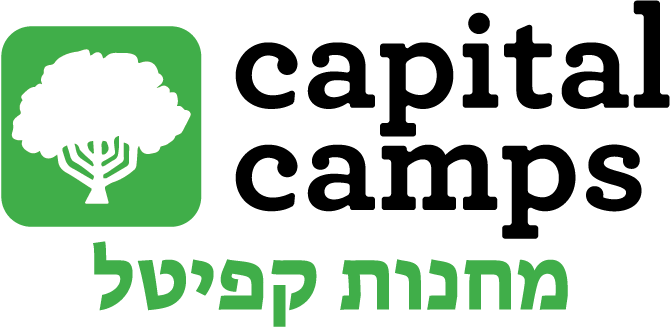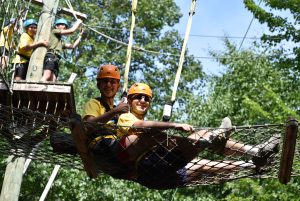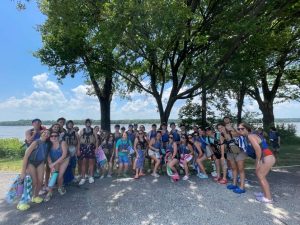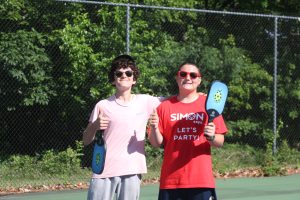By Nate Strauss, Camp Director
As we enter our final Shabbat of First Session, I look back at an amazing week we’ve had here in Waynesboro. We said l’hitraot (see you again) to our Yalla Bet campers and the first cohort of our FIDF Legacy campers. We also welcomed our Yalla Gimel campers and the second cohort of our FIDF Legacy campers this week and I cannot wait for them to experience Shabbat here as part of our community.
This week, I met with our Emerging Leaders cohort, a group of staff members who are in their third or fourth year on staff here at camp in leadership roles within their villages and specialty areas. In our meeting, we discussed the Jewish value of chesed, or kindness, and how we as a camp community can practice this value through our words and our actions. On July 17th, camps around the world will be celebrating Camp Kindness Day, a celebration of the magic of camp and the way summer camps can nurture kindness in all.
This week’s parsha, Parshat Chukat, presents a profound lesson on kindness that resonates deeply with the spirit of summer here at Capital Camps as we think about Camp Kindness Day. The parsha recounts the story of Moses striking the rock to bring forth water for the thirsty Israelites, an act that is seen as an expression of divine kindness despite Moses later being denied entry into the Promised Land for this action. This act teaches us that kindness, even in moments of frustration or challenge, is a fundamental value. Similarly, here at camp, kindness forms the core of the camp experience, where campers and staff alike embody the values of compassion, empathy, and support.
Just as Moses’s act of striking the rock was an immediate response to the Israelites’ needs, so too do campers at Capital Camps learn to be responsive to the needs of others. Whether it’s helping a fellow camper with a difficult activity, comforting a homesick friend, or inclusively welcoming new campers, kindness is one of our guiding principles. In the hustle and bustle of camp life, this kindness creates a supportive community where everyone feels valued and cared for, much like the unity and solidarity among the Israelites in their journey through the desert.
As we welcome Shabbat and all that it offers us, I invite you to join us as we bring the intention and practice of kindness into this day of rest. As we gear up for our final week of the session, I cannot wait to see how our campers and staff embody this value and infuse our community with even more kindness.



